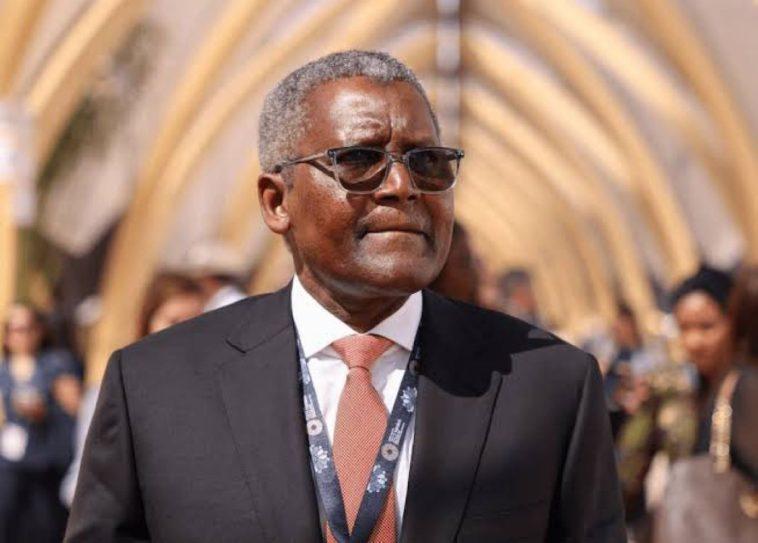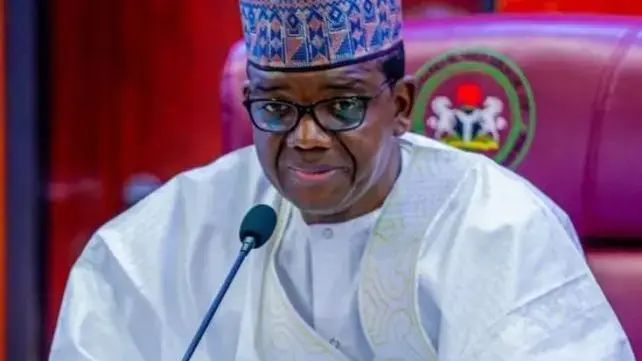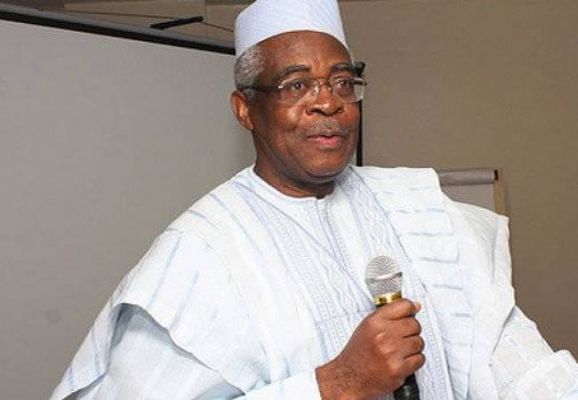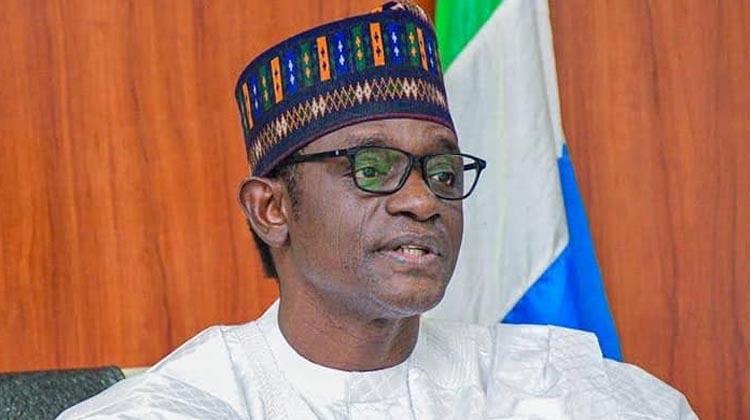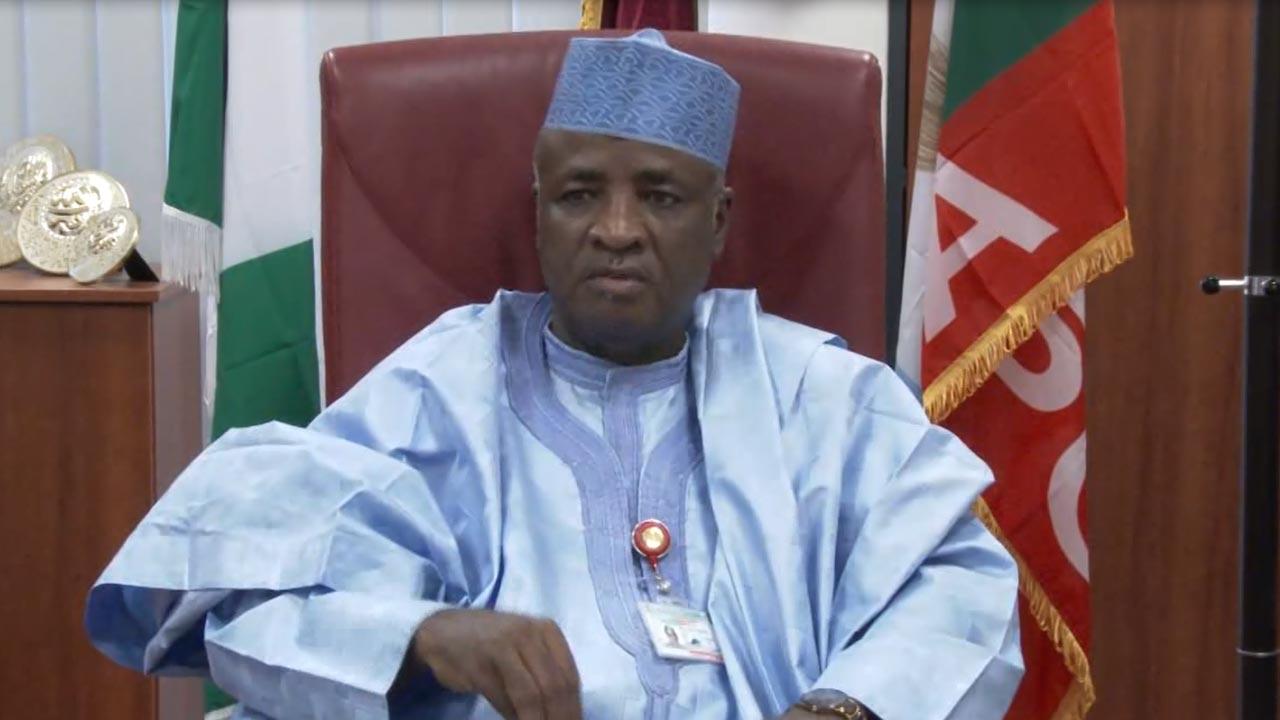Explore Our Bill Payment Services:
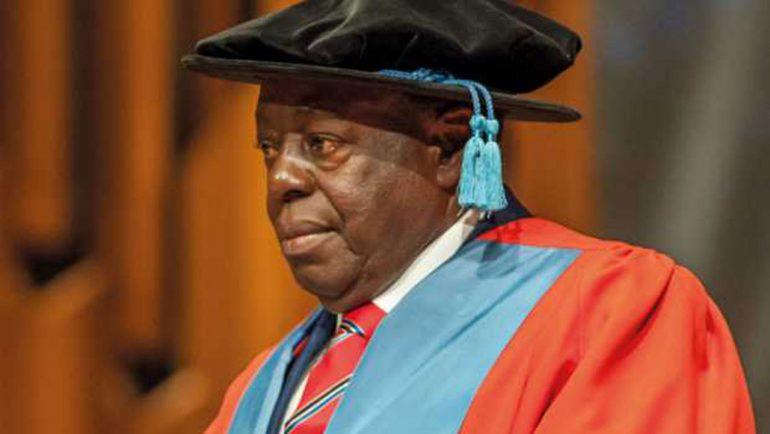
- Finance
- Net-Worth/Wealth
- Nigeria
Top 10 Richest People In Ekiti State And Their Net Worth In 2025
When you hear the name Ekiti State, what comes to mind? For many, it’s the land of honor and integrity, a place of rolling hills, hardworking people, and an unshakable reputation for education. But Ekiti is not just about books and culture; it’s also home to some of Nigeria’s wealthiest and most influential personalities.
Now, I know what you might be thinking: “Are there really billionaires from Ekiti?” My dear reader, don’t sleep on Ekiti oh! The state may not flaunt oil wells like Rivers or Lagos, but its sons and daughters have carved a name for themselves in politics, business, entertainment, and academia. Today, we’ll take a walk through the lives of the top 10 richest people from Ekiti State, giving you gist about their careers, fortunes, and how they made their mark.
So, sit tight with your chilled zobo or a cup of tea, because this gist is going to be long, juicy, and loaded with inspiration.
1. Aare Afe Babalola (SAN)
Let’s start with the undisputed titan, Aare Afe Babalola. If Ekiti had a Forbes cover boy, it would be this man. Afe Babalola is a Senior Advocate of Nigeria, a legal luminary, and founder of Afe Babalola University (ABUAD), one of the fastest-growing private universities in Africa.
His story is like a Nollywood blockbuster—born to humble parents, he taught himself, struggled through life, but eventually became one of Nigeria’s most respected lawyers. Today, his wealth comes from law, education, real estate, and investments. Beyond money, his influence in education is priceless. ABUAD alone is a billion-naira institution.
2. Kayode Fayemi
Ah, Dr. John Kayode Fayemi—former governor of Ekiti State and ex-minister of Solid Minerals. This man is not just about politics; he’s also an intellectual, a writer, and a strategist.
Wealth-wise, Fayemi has done well for himself through politics, consultancy, and investments. He has international networks that open doors globally, and his taste for luxury is no secret. While his exact net worth isn’t public, make no mistake, Fayemi ranks among the wealthiest from Ekiti. His homes, cars, and lifestyle scream money with a capital M.
3. Dele Olojede
If you love journalism, then you must have heard of Dele Olojede, the first African to win the Pulitzer Prize. But beyond awards, Olojede has built wealth through media, business, and consultancy.
He was the publisher of NEXT Newspapers, and though the paper folded, it cemented his name as one of Nigeria’s boldest media entrepreneurs. These days, Olojede combines journalism with international consultancy, making him both influential and financially secure. He represents the “intellectual money bag” of Ekiti State.
4. Femi Akinwunmi Otedola (Ekiti Connection)
Yes, yes—I know what you’re about to say: “Otedola is from Oyo, not Ekiti.” True. But through his maternal lineage, there are strong Ekiti ties. And since money does not ask for state of origin, his name often pops up in discussions about Ekiti-affiliated wealth.
As you know, Femi Otedola made billions in oil (Forte Oil), power, and investments. He’s also into philanthropy and has stakes in finance. Though he now lives the quiet billionaire life, his wealth easily dwarfs many others from Ekiti, making him an honorable mention.
5. Femi Falana (SAN)
This list would be incomplete without the fearless human rights lawyer, Femi Falana. Though known more for activism than flamboyance, don’t be deceived—Falana is very wealthy.
As a Senior Advocate of Nigeria, he has handled some of the biggest legal cases in the country. His law firm is highly respected, and beyond courtrooms, Falana has investments in property, law publishing, and business. Add to that his son, Falz the Bahd Guy, who is also making waves in entertainment, and you’ll see that the Falana household is one of Ekiti’s wealthiest families.
6. Bimbo Owolabi (Business Mogul)
Not every Ekiti billionaire wears agbada and appears in politics. Some are quiet business moguls like Bimbo Owolabi, who has made a name in real estate, construction, and oil services.
His businesses cut across Nigeria’s major cities, and he’s one of those “lowkey” money men you hardly see on TV but who control massive wealth behind the scenes. People like Owolabi prove that Ekiti is not just about law and academics—it’s also about serious business.
7. Senator Babafemi Ojudu
Politician, journalist, and businessman, Babafemi Ojudu has worn many caps. He was once a senator representing Ekiti Central, and he also served as Special Adviser to the President on Political Matters.
Ojudu’s wealth comes from politics, media ownership, and consultancy. With networks in Abuja and Lagos, he remains one of Ekiti’s power brokers and money men. His mansion in Ado-Ekiti is a clear testimony that Ojudu has “arrived.”
8. Prince Dayo Adeyeye
Prince Dayo Adeyeye is another heavyweight politician from Ekiti. He has served as a minister and senator, and like many Nigerian politicians, his wealth is tied to politics, contracts, and investments.
He’s known for his flamboyant lifestyle, from luxury cars to high-profile gatherings. Adeyeye represents the “old school” wealthy class of Ekiti who enjoy combining politics with business.
9. Segun Oni
Former governor Segun Oni is another name you can’t ignore. While not as flashy as some of his contemporaries, Oni is comfortable financially.
He made his wealth through engineering, politics, and business. Even after leaving office, Oni remains a big name in Ekiti politics and a silent investor in real estate and other ventures.
10. Tope Alabi (Ekiti Gospel Queen Connection)
Okay, let’s spice up this list with a touch of entertainment. While Tope Alabi is more associated with Lagos, her roots trace back to Ekiti. She’s one of Nigeria’s richest and most successful gospel musicians, with millions from music sales, concerts, endorsements, and ministry.
Her inclusion shows that Ekiti is not only about law and politics but also about talent and creativity that translates into big money.
Final Thoughts
Ekiti State might not always be in the news for billion-dollar oil deals, but the truth is, the state has produced some of Nigeria’s finest minds and wealthiest individuals. From legal giants like Afe Babalola and Femi Falana to political heavyweights like Fayemi and Segun Oni, and even media personalities like Dele Olojede, Ekiti has proven that success isn’t just about oil—it’s about brains, courage, and vision.
So next time someone tells you Ekiti is only about books, smile and remind them: “My brother, in Ekiti, book dey bring money too!”
